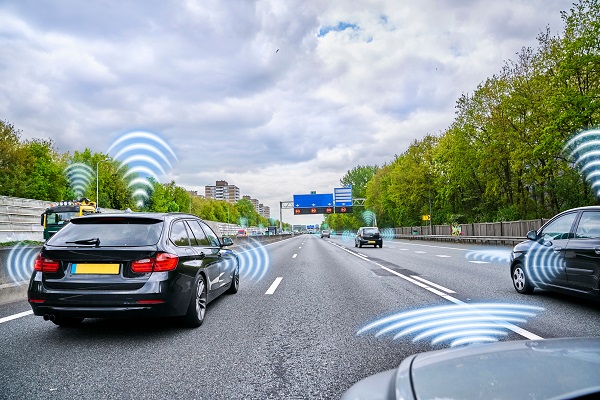Despite numerous safety warnings, many drivers use partially automated cars as if they were self-driving vehicles, which can easily result in a serious car accident, according to a recent Insurance Institute for Highway Safety (IIHS) study.
“The big-picture message here is that the early adopters of these systems still have a poor understanding of the technology’s limits,” IIHS President David Harkey said in a recent statement. “But we also see clear differences among the three owner populations. It’s possible that system design and marketing are adding to these misconceptions.”
Drivers need to be aware of the technological limits of their vehicles. Otherwise, inattentive drivers can easily cause serious or fatal car accidents. Unfortunately, the South Carolina car accident attorneys at Johnson + Johnson, Attorneys At Law, know this all too well based on our work with people injured in a wide range of severe collisions.
Automated cars vs. self-driving vehicles
The names might sound similar, but there’s a big difference between the technology in automated vehicles and self-driving cars.
An automated car has technological features designed to help a person while they drive. For example, some vehicles are equipped with automation systems like adaptive cruise control, which maintains a set driving speed and set distance between other cars.
Self-driving vehicles or autonomous vehicles are cars that can operate without a human driver’s assistance. Currently, there are no fully autonomous vehicles or self-driving cars on the road, despite what some drivers might think.
“None of the current systems is designed to replace a human driver or to make it safe for a driver to perform other activities that take their focus away from the road,” the IIHS reports.
Unsafe expectations about automated vehicles
The recent IIHS study revealed some disturbing findings among drivers who use automated cars. In general, many drivers misunderstand what their cars can do and rely too much on its technology. Specifically, the IIHS study found:
- “Regular users of Cadillac Super Cruise, Nissan/Infiniti ProPILOT Assist, and Tesla Autopilot said they were more likely to perform non-driving-related activities like eating or texting while using their partial automation systems than while driving unassisted.”
- “53 percent of Super Cruise users, 42 percent of Autopilot users, and 12 percent of ProPILOT Assist users said they were comfortable treating their vehicles as fully self-driving.”
Automated vehicles are often involved in collisions
In one recent 10-month period, nearly 400 car accidents occurred involving vehicles with partially automated driver-assist systems, including 273 Tesla vehicles, according to a traffic safety study released earlier this year by the National Highway Traffic Safety Administration (NHTSA).
“As we gather more data, NHTSA will be able to identify any emerging risks or trends better and learn more about how these technologies are performing in the real world,” NHTSA administrator Steven Cliff said in an interview with The Associated Press.
In most cases, such accidents occurred due to drivers over-relying on auto pilot-like functions, believing they did not have to pay attention and remain alert. At the same time, the vehicle was being driven on autopilot.
How a South Carolina car accident attorney can help
Collisions caused by another vehicle in South Carolina might seem straightforward. The state has an at-fault car insurance system, which means the at-fault party’s responsible for paying for your accident-related expenses.
But determining exactly who the at-fault party is in a car crash involving an automated vehicle can be challenging. That’s why it’s critical that you have an experienced attorney on your side, exploring all your available legal options.
An experienced South Carolina car accident attorney at Johnson + Johnson, Attorneys At Law can help you every step of the way. We know how the legal system works and can work with you to build a strong, successful case. Contact us and schedule a free consultation with a car accident lawyer you can trust. We work on a contingency fee basis. That means you only have to pay if we get you a financial settlement or verdict. It’s that simple.


